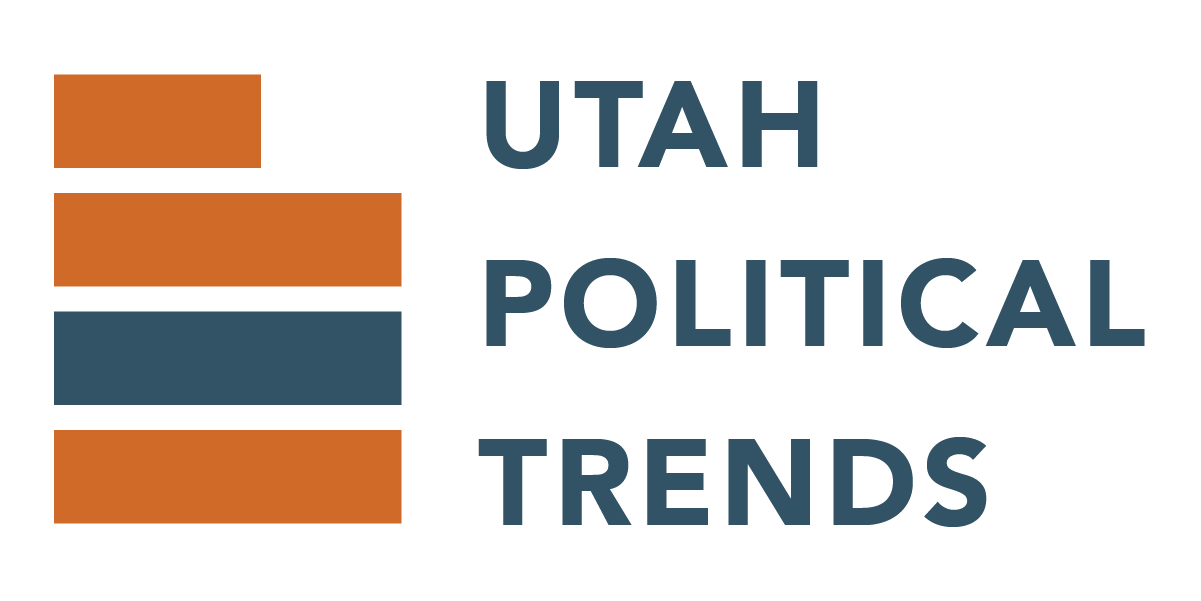By Kelly Patterson and Kelly Duncan
Tariffs have become a weapon in the arsenal of President Trump. What has made the use of tariffs so intriguing is the way in which rank-and-file Republicans have embraced their use. We normally associate Republicans with free-trade policies. Republicans have championed policies that enhance, not restrict, free trade. For example, the exemplar of the modern Republican Party, Ronald Reagan, ran on a platform of free trade. The platform states,
The Republican Party believes that protectionist tariffs and quotas are detrimental to our economic well-being. Nevertheless, we insist that our trading partners offer our nation the same level of equity, access, and fairness that we have shown them. The mutual benefits of trade require that it be conducted in the spirit of reciprocity. The Republican Party will consider appropriate measures necessary to restore equal and fair competition between ourselves and our trading partners.
The international exchange of goods and services must take place under free and unfettered conditions of market entry.
What accounts for Republican embrace of a policy that goes against their traditional platform planks and ideological dispositions? The positions of President Trump. Two faculty members at Brigham Young University recently published an article in the American Political Science Review that helps to explain why voters may abandon their ideological principles in favor of those positions touted by a candidate. They find that group loyalty turns out to be a better predictor of opinion than are any ideological preferences they may possess.
We see this relationship clearly in the recent Utah Political Trends Panel survey. This survey asked a series of questions about the appropriateness of tariffs and when they should be used. Overall, the results indicate that Republicans are more supportive of tariffs than are Democrats. This relationship shows up clearly in the figure below.
The plot illustrates the relative effect of different variables on a scale created to measure how supportive individuals are of tariffs. The figure shows that individuals who are generally more conservative and Republican tend to be more supportive of tariffs. The coefficient for Republicans is large and statistically different from zero.
However, the reliability of the estimates is affected by the variables included in the model. If we take the research done by Barber and Pope into consideration, we should also include a variable for the likelihood of voting for President Trump in 2020. The next figure plots the coefficients with the new variable included. It shows that those individuals who are planning to vote for President Trump in 2020 are much more likely to support tariffs. The variables of conservatism and Republican slide back toward being almost indistinguishable from zero.
We should also point out that Democrats, who often have been in favor of tariffs, in both models have demonstrated less support for them. We might surmise that this has something to do with President Trump’s use of them.
Why does any of this matter? Because scholars do find that there is a connection between public opinion and trade policy. For example, one scholar finds that support for free trade does indeed lead to lower tariffs. It should be noted here that the type of trade policy matters. A general support for tariffs does not mean a support for tariffs in every policy area. Democrats can be and are pro-trade with regard to specific policies.
What the data seem to show is that Utahns are not that much different from the rest of the nation. They can indeed follow a political leader, even when that leader goes against some of the principles thought to be core to the political party. It is one more piece of evidence that the types of leaders we choose does matter.
